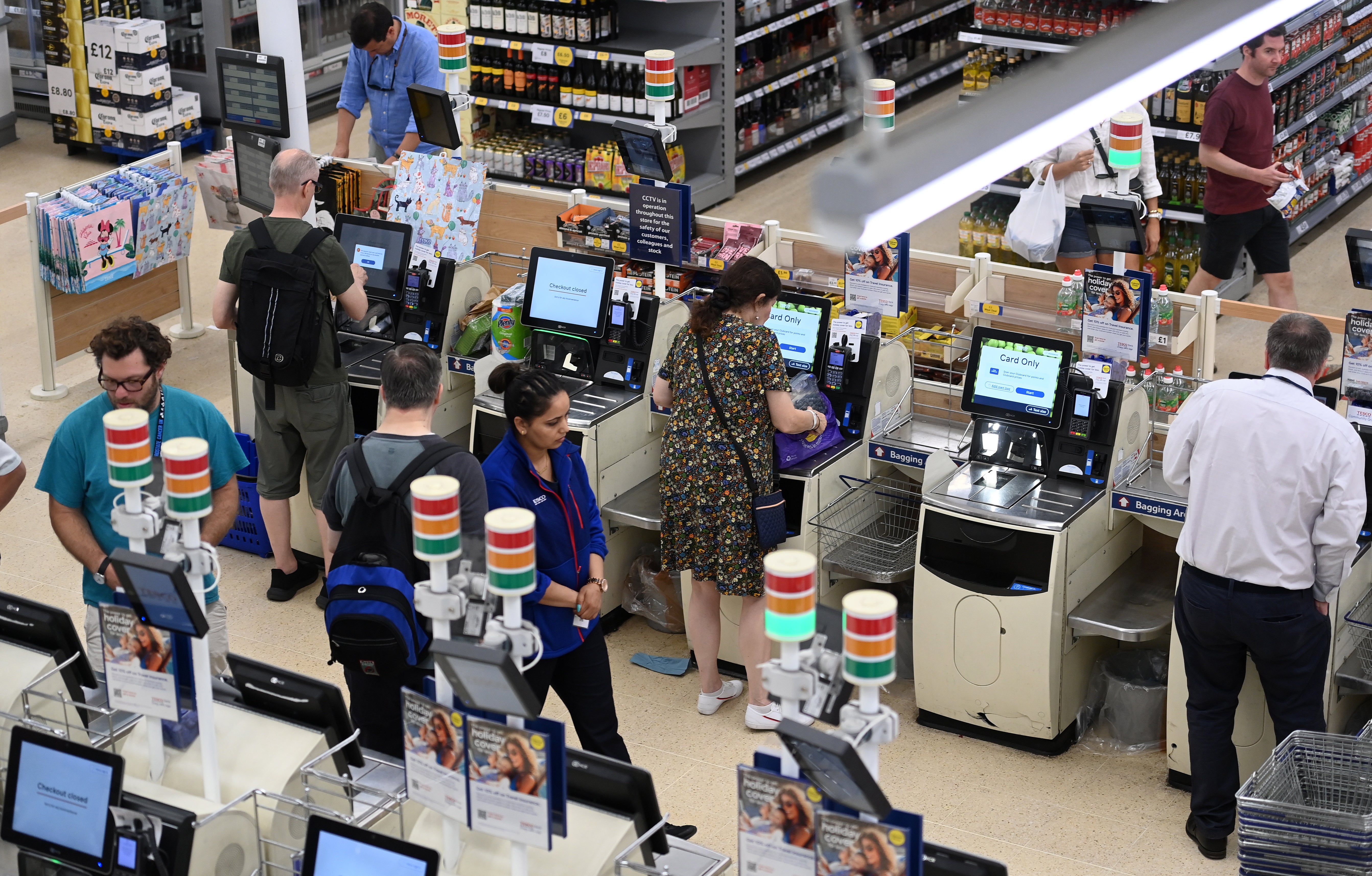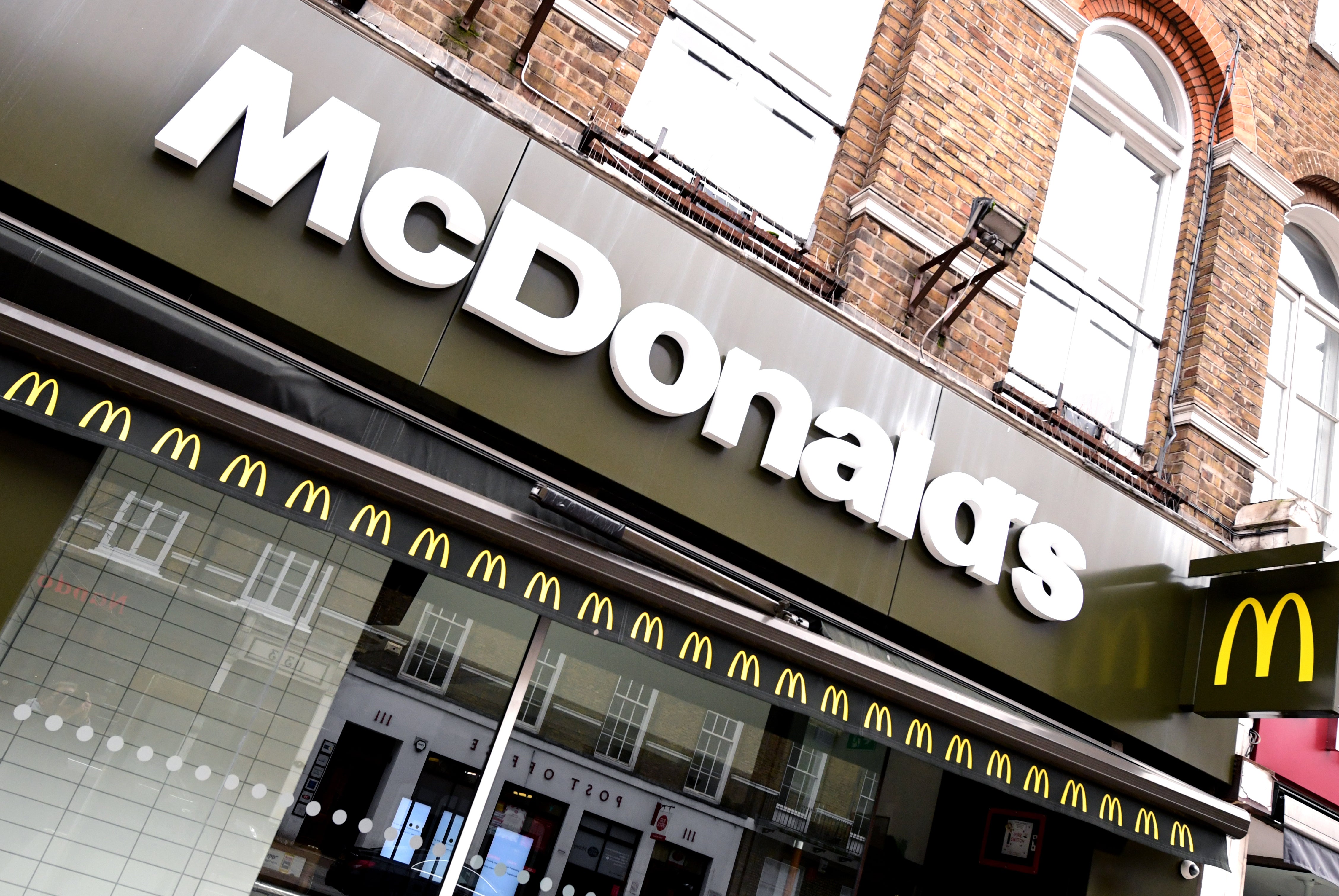Shop prices rise at fastest pace on record as retailers pass on massive cost increases
Staple items including butter and vegetable oils saw some of the biggest prices hikes

Your support helps us to tell the story
From reproductive rights to climate change to Big Tech, The Independent is on the ground when the story is developing. Whether it's investigating the financials of Elon Musk's pro-Trump PAC or producing our latest documentary, 'The A Word', which shines a light on the American women fighting for reproductive rights, we know how important it is to parse out the facts from the messaging.
At such a critical moment in US history, we need reporters on the ground. Your donation allows us to keep sending journalists to speak to both sides of the story.
The Independent is trusted by Americans across the entire political spectrum. And unlike many other quality news outlets, we choose not to lock Americans out of our reporting and analysis with paywalls. We believe quality journalism should be available to everyone, paid for by those who can afford it.
Your support makes all the difference.Shop prices are rising at their fastest pace in at least 17 years, as retailers passed on huge cost increases to consumers, according to new figures.
Prices rose 4.4 per cent in July, with food prices jumping 7 per cent, the British Retail Consortium found. It was the fastest pace of price increases since the BRC began compiling figures in 2005.
Staple items including butter and vegetable oils saw some of the biggest price hikes after producers were hit by huge rises in the cost of energy, fertiliser and transport, exacerbated by the war in Ukraine.
McDonald’s became the latest big-name company to announce price increases, putting up the cost of a cheeseburger for the first time in 14 years this week.
The fast food chain said it could no longer absorb cost increases and had been forced to raise a raft of prices, including cheeseburgers, which will now cost £1.19, up from 99p. McDonald's UK and Ireland chief executive Alistair Macrow said the company was facing “tough choices” about its prices.
”We understand that any price increases are not good news, but we have delayed and minimised these changes for as long as we could,” he said.
Shoppers were advised to prepare for worse to come as rising costs continue to be passed along through supply chains from producers to consumers.

Inflation – the rate at which prices rise – hit 9.4 per cent in the year to June, according to official figures. The Bank of England has warned it could accelerate to 11 per cent later this year when energy bills are set to rise sharply.
Helen Dickinson, chief executive of the BRC, said: “Rising production costs – from the price of animal feed and fertiliser to availability of produce, exacerbated by the war in Ukraine – coupled with exorbitant land transport costs, led food prices to rocket to 7 per cent.
“Some of the biggest rises were seen in dairy products, including lard, cooking fats and butter. Meanwhile, non-food prices were hit by rising shipping prices, production costs and continued disruption in China.
“As inflation reaches new heights, retailers are doing all they can to absorb as much of these rising costs as possible and to look for efficiencies in their businesses and supply chain.
“With households enduring a cost of living crunch, retailers are expanding their value ranges to offer the widest variety of goods to those most in need, providing discounts to vulnerable groups, and raising staff pay. Nevertheless, households and businesses must prepare for a difficult period as inflationary pressures hit home.”
Mike Watkins, head of retailer and business insight at market research company NielsenIQ, said: “Consumers’ household budgets are coming under increasing strain and shelf-price increases in both food and non-food have accelerated in recent weeks as more cost price increases come through the supply chains.
“The grocery industry in particular is under intense pressure as retailers try to shield customers from the full impact of inflation. At the same time, there has been an increase in competitive intensity so customer retention over the summer holiday season will be key to help stem any further fall in volumes.”
Join our commenting forum
Join thought-provoking conversations, follow other Independent readers and see their replies
Comments